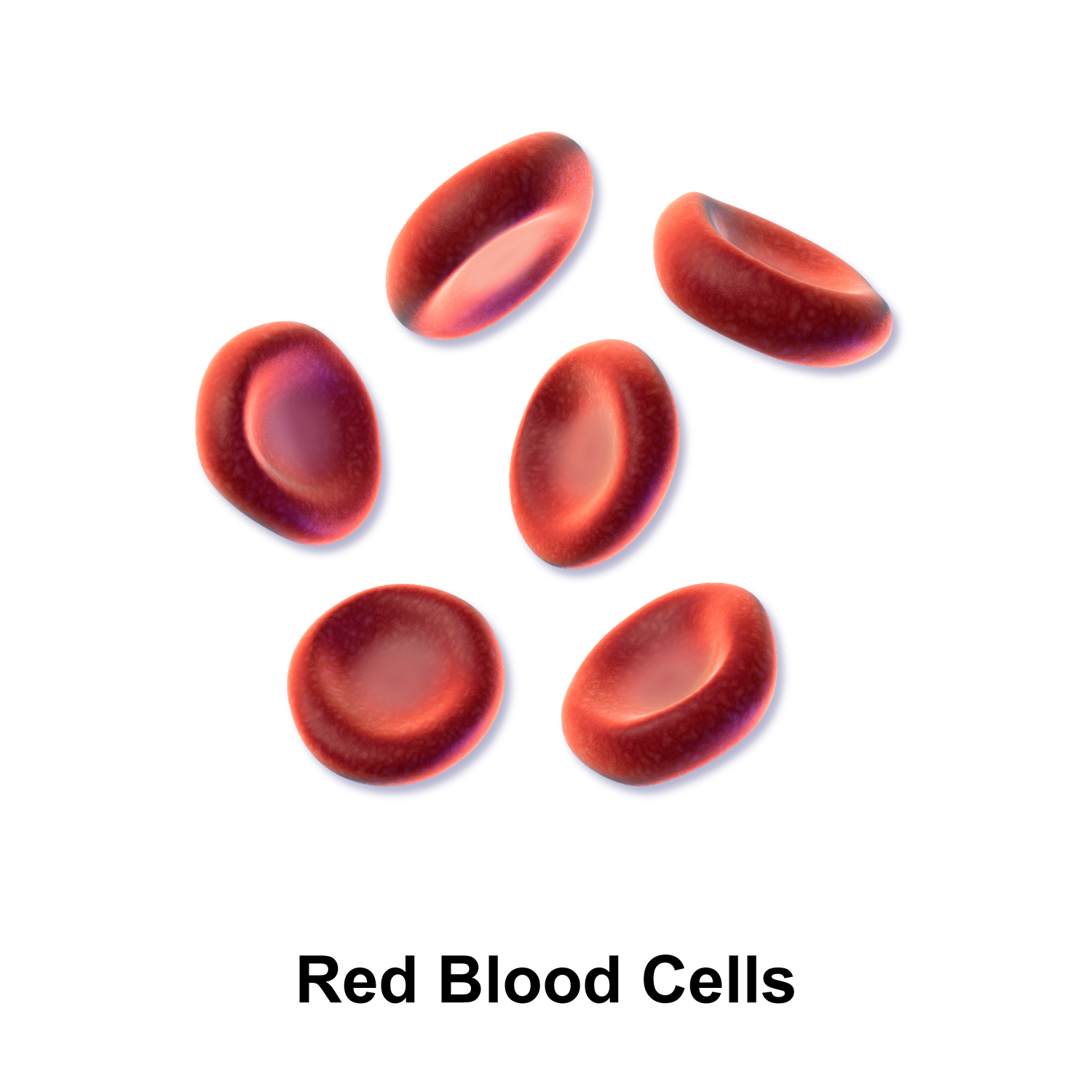Congenital dyserythropoietic anemia
(Redirected from Dyserythropoietic anemia, congenital)
Editor-In-Chief: Prab R Tumpati, MD
Obesity, Sleep & Internal medicine
Founder, WikiMD Wellnesspedia &
W8MD medical weight loss NYC and sleep center NYC
| Congenital dyserythropoietic anemia | |
|---|---|

| |
| Synonyms | N/A |
| Pronounce | N/A |
| Specialty | N/A |
| Symptoms | Anemia, jaundice, splenomegaly, gallstones |
| Complications | Iron overload, heart failure, liver disease |
| Onset | Congenital |
| Duration | Chronic |
| Types | Type I, Type II, Type III |
| Causes | Genetic mutation |
| Risks | Family history |
| Diagnosis | Blood test, bone marrow biopsy, genetic testing |
| Differential diagnosis | Hemolytic anemia, thalassemia, sideroblastic anemia |
| Prevention | N/A |
| Treatment | Blood transfusion, iron chelation therapy, splenectomy, bone marrow transplant |
| Medication | N/A |
| Prognosis | Variable, depending on type and treatment |
| Frequency | Rare |
| Deaths | N/A |
Congenital dyserythropoietic anemia (CDA) is a rare group of genetic disorders characterized by ineffective erythropoiesis, a process responsible for producing red blood cells. The term "congenital dyserythropoietic anemia" was first coined in 1968 to describe a group of conditions that are present from birth and involve the abnormal development of red blood cells.
Types
There are three main types of CDA: Type I, Type II, and Type III. Each type is distinguished by the genetic cause and the nature of the red blood cell abnormalities.
- CDA Type I is characterized by moderate to severe anemia, jaundice, and splenomegaly. It is caused by mutations in the CDAN1 gene.
- CDA Type II is the most common type of CDA. It is characterized by mild to severe anemia, jaundice, and splenomegaly. It is caused by mutations in the SEC23B gene.
- CDA Type III is the rarest type of CDA. It is characterized by mild anemia, and it is caused by mutations in the KIF23 gene.
Symptoms
The symptoms of CDA vary depending on the type, but they generally include fatigue, weakness, pale skin, and an enlarged liver and spleen. Some people with CDA may also have abnormal bone development, particularly in the fingers and toes.
Diagnosis
Diagnosis of CDA is based on a combination of clinical examination, blood tests, and genetic testing. The blood tests can reveal anemia and abnormal red blood cells, while genetic testing can identify the specific gene mutations causing the condition.
Treatment
Treatment for CDA is aimed at managing the symptoms and preventing complications. This may include blood transfusions, iron chelation therapy to remove excess iron from the body, and in severe cases, a bone marrow transplant.
See also
This article is a hematology stub. You can help WikiMD by expanding it!
Transform your life with W8MD's budget GLP-1 injections from $125.
W8MD offers a medical weight loss program to lose weight in Philadelphia. Our physician-supervised medical weight loss provides:
- Most insurances accepted or discounted self-pay rates. We will obtain insurance prior authorizations if needed.
- Generic GLP1 weight loss injections from $125 for the starting dose.
- Also offer prescription weight loss medications including Phentermine, Qsymia, Diethylpropion, Contrave etc.
NYC weight loss doctor appointments
Start your NYC weight loss journey today at our NYC medical weight loss and Philadelphia medical weight loss clinics.
- Call 718-946-5500 to lose weight in NYC or for medical weight loss in Philadelphia 215-676-2334.
- Tags:NYC medical weight loss, Philadelphia lose weight Zepbound NYC, Budget GLP1 weight loss injections, Wegovy Philadelphia, Wegovy NYC, Philadelphia medical weight loss, Brookly weight loss and Wegovy NYC
|
WikiMD's Wellness Encyclopedia |
| Let Food Be Thy Medicine Medicine Thy Food - Hippocrates |
Medical Disclaimer: WikiMD is not a substitute for professional medical advice. The information on WikiMD is provided as an information resource only, may be incorrect, outdated or misleading, and is not to be used or relied on for any diagnostic or treatment purposes. Please consult your health care provider before making any healthcare decisions or for guidance about a specific medical condition. WikiMD expressly disclaims responsibility, and shall have no liability, for any damages, loss, injury, or liability whatsoever suffered as a result of your reliance on the information contained in this site. By visiting this site you agree to the foregoing terms and conditions, which may from time to time be changed or supplemented by WikiMD. If you do not agree to the foregoing terms and conditions, you should not enter or use this site. See full disclaimer.
Credits:Most images are courtesy of Wikimedia commons, and templates, categories Wikipedia, licensed under CC BY SA or similar.
Contributors: Prab R. Tumpati, MD



